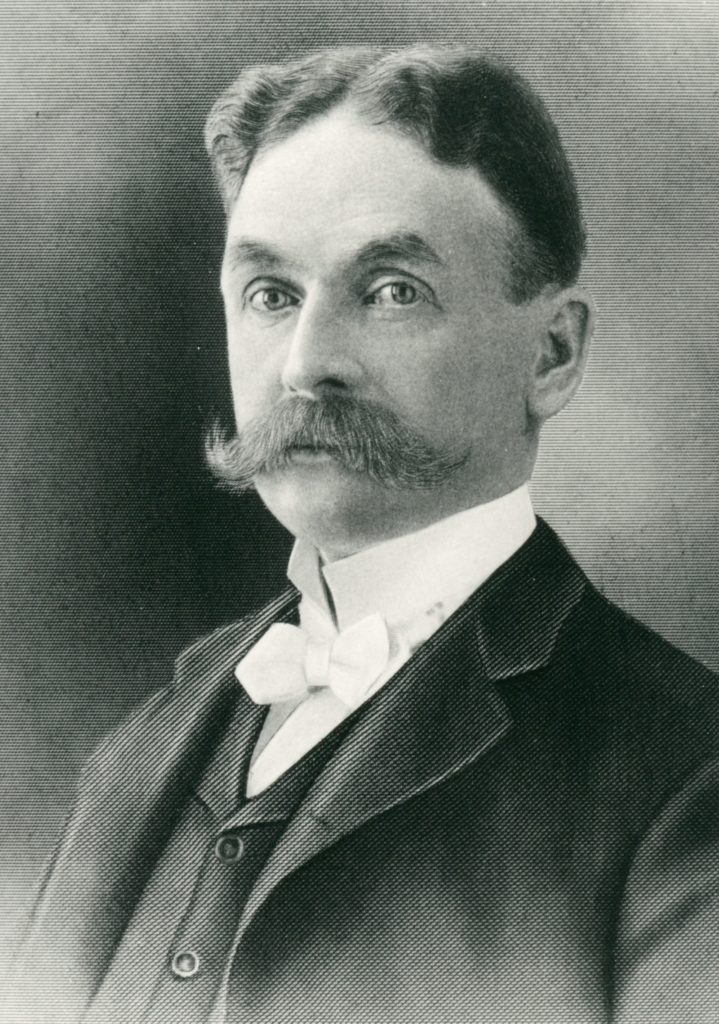
Patrick L. Flanigan was one of those rags to riches to rags stories. He was a member of the Nevada State Assembly and also Senate during the 1890s. Of course, many in this region were aware there was an a railroad town in eastern Honey Lake Valley named for him.
His story began In 1877, when at the age of 17, Flanigan came west to Reno where he found employment milking cows. Five years later he obtained a loan from the Washoe County Bank to purchase 1500 sheep. Thus, like many before and after him became an itinerant aka ‘tramp” sheep man and moved his sheep from place to place where ever he could find feed and water. (When the Taylor Grazing Act came into effect in 1934, put an end to this practice.) Flanigan, like so many others, lost over 50% of sheep during the harsh winter of 1889-90.
Flanigan learned from that experience. He once again went back to the bank to borrow more money. He realized the importance of owning land to provide pasture for his sheep, and thus beginning of the Pyramid Land & Stock Company. Among the various ranches he would acquire was Constantia, which would become his headquarters. He also owned Winnemucca ranch, Big Canyon, Fish Springs and Smoke Creek, among others.
By 1914, Flanigan’s world came crashing down on two fronts. First, it was the banks who over extended loans, sought $350,000 overdue notes. In addition, livestock prices took a tumble. Within a year’s time he lost 50,000 acres of ranching properties in Lassen and Washoe counties, as well, as 30,000 sheep, 7,000 cattle and 1,000 horses. He would have been homeless had he not kept his Reno home in his wife’s name. He did eventually recover in a small way, but died of cancer on July 5, 1920 at San Francisco.